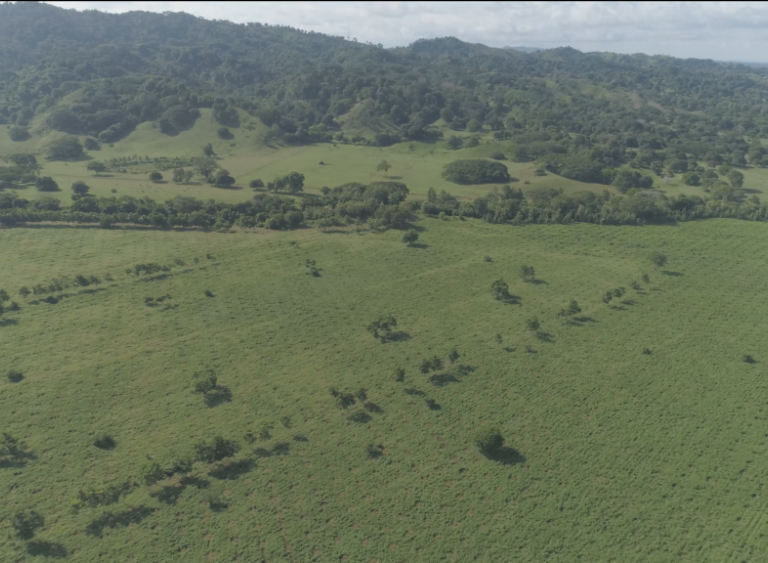A 1031 exchange in the United States allows you to exchange one real estate property for another without paying tax on the gain. A 1031 exchange of foreign real estate allows you to exchange one foreign property for another with the same tax benefits.
Before I get into the details of a 1031 exchange of foreign real estate, I should point out that United States citizens pay U.S. tax on any gain from the sale of real estate. It doesn’t matter that the property is located outside of the U.S. So long as you hold a blue passport, the IRS wants its share.
A 1031 exchange of foreign real estate applies to business or international real estate investments. It’s not meant to reduce taxes on your personal residence. Thanks to IRC Section 1031, a properly structured 1031 exchange of foreign real estate allows you to sell a foreign property and reinvest the proceeds in a new foreign property and to defer all capital gain taxes. IRC Section 1031(a)(1) states:
“No gain or loss shall be recognized on the exchange of property held for productive use in a trade or business or for investment, if such property is exchanged solely for property of like-kind which is to be held either for productive use in a trade or business or for investment.”
A like-kind property is any property held for business or investment. You may exchange a U.S. business property for another U.S. business property or a foreign investment property for a foreign investment property. You may NOT exchange a foreign property for a U.S. property or a U.S. property for a foreign property.
- Note that the two properties do not need to be in the same country. They simply need to be outside of the United States.
Foreign Personal Residence: For your residence, you should do your best to live in the home at least 2 years before you sell it. The reason is that when you live in the home for 2 to 5 years, you will be eligible to exclude a gain of up to $250,000 (or $500,000 for those filing married jointly) from U.S. taxation. If not, the full gain will be taxed at the applicable capital gains rates.
The rest of this article will focus on foreign real estate held for business or investment purposes. I will also assume you will hold the property for more than 1 year and thus long term capital gains rates apply.
There are two ways to avoid (or defer) this U.S. tax on foreign real estate used for business.
- The U.S. Foreign Tax Credit will ensure you are not double taxed on the sale of your foreign real estate.
- Setting up a 1031 exchange of like-kind property will allow you to defer US tax on the sale of your foreign real estate.
The U.S. Foreign Tax Credit gives you a dollar for dollar credit on foreign taxes you pay. Thus, if the capital gains tax rate of the country where your property is located is equal to or higher than the US rate, you should pay no U.S. tax when you sell your property.
The long term rate in the United States is 20%. Additional taxes may apply depending on your income level. For example, Taxpayers earning income above certain thresholds ($200,000 for singles, $250,000 for married couples filing jointly) pay an additional 3.8% tax on all investment income. Therefore, the top federal tax rate on long-term capital gains is 23.8%.
The capital gains tax rate of the country where the property is located is about 23.8%, then you will pay little or no U.S. tax when you sell. You will still report the transaction on Schedule D of your personal return, but no tax will be due.
In fact, if the tax rate of your country is anywhere near the U.S. rate, you probably don’t want to bother with a 1031 exchange. If you pay 18% in tax to the United Kingdom, setting up a 1031 exchange of foreign real estate to save 2% to 5.8% is probably not worthwhile.
Countries with low capital gains rates, such as Panama, Colombia and and Nicaragua at 10% are the most common 1031 exchange participants. Belize, Belgium, Malaysia, and New Zealand, which have zero capital gains rates, are excellent 1031 options.
Considering the time and cost associated with setting up a 1031 exchange, I suggest you should be looking to defer a U.S. taxable gain of $50,000 to $100,000 before structuring this type of transaction.
Also, remember that you’re deferring tax, not eliminating it. If you plan to hold the new business or investment property for a short time, the benefits of a 1031 exchange of foreign real estate will be diminished.
If a 1031 exchange will be tax efficient for you, check out my article The Offshore 1031 Exchange. Beginning on page 3, under The Offshore 1031 Exchange, you’ll find the applicable rules and information on how to structure the transaction.
I hope you’ve found this article helpful. If you’d like to be put in contact with a real estate professional who can assist you find a like-kind business or investment property, and who can structure your exchange, please contact us.





















